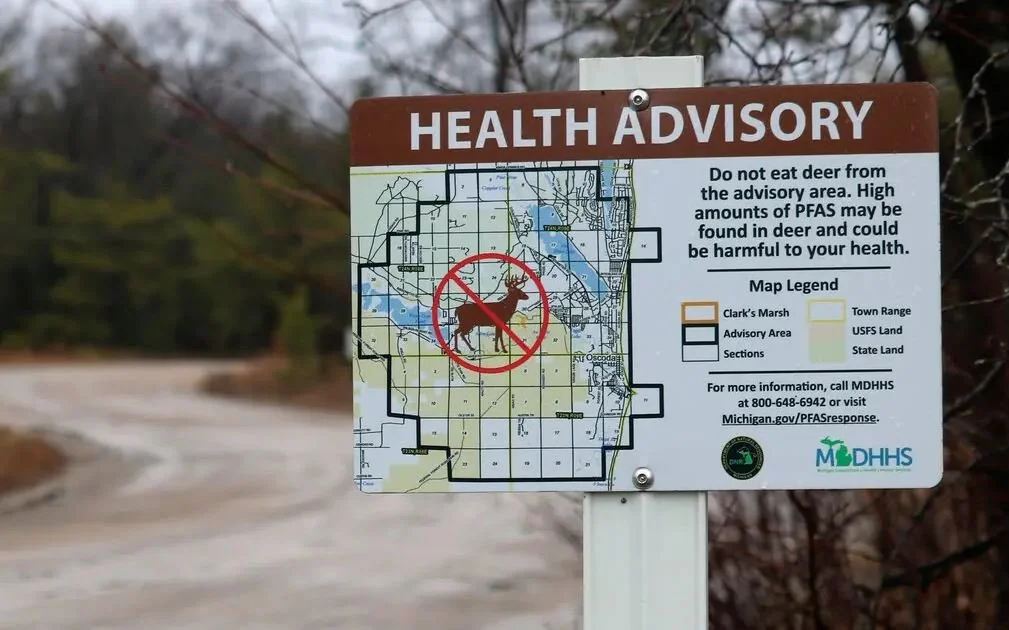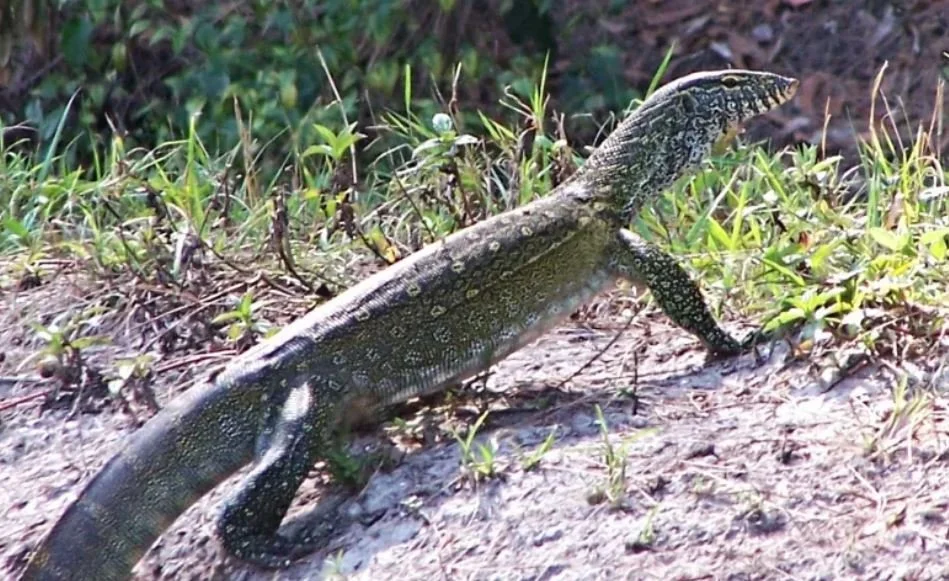There’s No Escape From Forever Chemicals
There’s a class of chemicals used to manufacture all kinds of consumer products that, in humans, are linked to cancers, reduced immune function, and other ailments. A new study reveals that the nasty pollutants are causing problems in nonhumans as well, and they’re everywhere.
Perfluoroalkyl and Polyfluoroalkyl Substances (PFAS) – also known as “forever chemicals" because they persist for so long in the environment – are used in nonstick cookware, waterproof and stain-resistant fabrics, food packaging, and elsewhere. The nonprofit Environmental Working Group has found that PFAS are affecting more than 330 of wild animal species around the world.
“From the polar bear in the far reaches of the Arctic to the hawksbill turtle in the tropics of the Pacific Ocean, the world’s most critically imperiled species have yet another danger to contend with: PFAS chemical pollution,” said Nathan Donley, environmental health science director at the Center for Biological Diversity.
PFAS do not break down in the environment, and they bioaccumulate, which means the concentration amplifies as it moves up the food chain. The chemicals have been found in the blood and organs of tigers, monkeys, pandas, horses, cats, otters, squirrels, fish, birds, reptiles, frogs and many other animals. We don’t yet know what effect it’s having on wildlife health but it can’t be good.
The news gets worse. The EWG researchers say “there are still countless locations and species across the globe that are likely contaminated but have not yet been tested.” Worse yet, the most common methods for disposal of PFAS – burning, discarding, and flushing the toxic chemicals – end up just returning either the same chemicals or their byproducts back into the environment.
One iota of good news: the FDA is phasing out PFAS in food packaging. That’s encouraging, but only if it’s the beginning of a comprehensive ban throughout manufacturing. We’re not holding our breath, although that might be a good idea.
Photo credit: Associated Press







